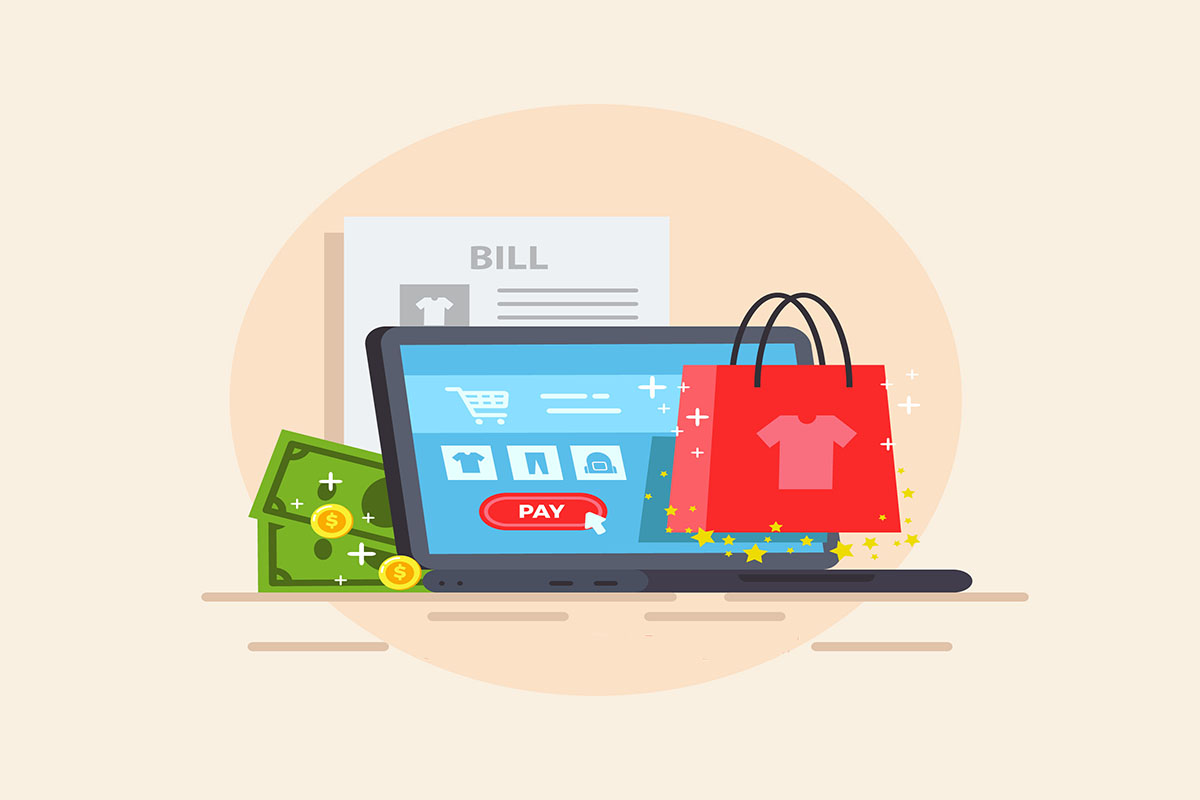The e-commerce landscape has witnessed a significant transformation with the rise of subscription models, offering consumers convenience and value while providing businesses with steady revenue streamsship and enhanced customer loyalty. As of 2021, the global subscription e-commerce market is expected to continue its rapid growth, with a report from mckinsey indicating that 15% of online shoppers have signed up for one or more subscriptions to receive products on a recurring basis. This model, however, presents unique challenges in managing recurring payments, customer data, and inventory. Cloud-based enterprise resource planning (erp) systems have emerged as a critical solution for these complexities, offering scalability, flexibility, and integration capabilities tailored for subscription-based e-commerce businesses.
Understanding the subscription e-commerce model
Subscription models in e-commerce vary widely, from boxes curated with products to memberships granting access to exclusive content or services. This model relies heavily on the predictability of recurring revenue, but it demands meticulous management of customer subscriptions, billing cycles, and product or service delivery. The dynamic nature of subscriptions—where customers can upgrade, downgrade, or cancel at any time—adds layers of complexity to managing these business models effectively.
The role of cloud erp in subscription management
Cloud erp systems integrate all facets of an e-commerce business, from finance and inventory management to customer relationship management (crm) and beyond, into a cohesive platform. For subscription-based models, the advantages of utilizing a cloud erp system include:
Automated recurring billing and payments: cloud erp systems automate the billing process, ensuring timely and accurate invoicing for recurring subscriptions. Automation reduces manual errors and administrative overhead, allowing businesses to scale without proportionally increasing the workload on their finance teams.
Enhanced customer relationship management: with built-in crm capabilities, cloud erp systems provide a 360-degree view of the customer journey. Businesses can track subscription lifecycles, manage customer communications, and personalize marketing efforts based on detailed customer data, enhancing retention and satisfaction.
Inventory and supply chain optimization: subscription models require precise inventory management to meet recurring demand. Cloud erp systems offer real-time inventory tracking and forecasting tools, helping businesses maintain optimal stock levels and manage supply chains efficiently, thereby ensuring consistent product availability for subscribers.
Financial reporting and insights: cloud erp systems offer advanced analytics and reporting features, enabling businesses to monitor key performance indicators (kpis) for their subscription models. Detailed financial insights assist in strategic decision-making, identifying growth opportunities, and understanding churn rates and their impact on revenue.
Scalability and flexibility: as subscription businesses grow, cloud erp systems provide the scalability needed to manage increasing transaction volumes and customer bases. Cloud infrastructure allows for easy adjustment of resources to accommodate business expansion or seasonal fluctuations.
Best practices for implementing cloud erp in subscription e-commerce
Choose a scalable solution: select a cloud erp system that can grow with your business, offering flexibility to add features or integrations as your subscription model evolves.
Prioritize integration capabilities: ensure the erp system integrates seamlessly with your e-commerce platform, payment processors, and other critical business tools to streamline operations.
Focus on customer experience: utilize the crm and analytics capabilities of your cloud erp to enhance the subscriber experience, tailoring communications and offers based on individual customer preferences and behaviors.
Invest in training: equip your team with the knowledge to leverage the full capabilities of your cloud erp system, ensuring efficient management of your subscription model.
Conclusion
The subscription model presents a lucrative opportunity for e-commerce businesses, driven by consumer demand for convenience and personalized experiences. Managing the complexities of this model, however, requires robust technological support. Cloud erp systems emerge as an essential solution, offering the tools needed to automate billing, optimize inventory, manage customer relationships, and glean actionable insights from financial data. As the subscription economy continues to grow, integrating cloud erp into e-commerce operations will be key to managing recurring payments effectively and ensuring the long-term success of subscription-based businesses.








